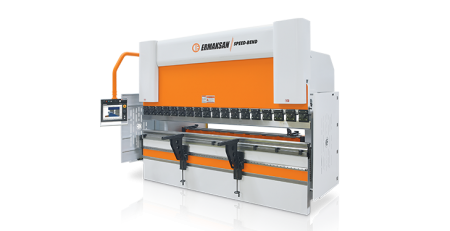5 Signs You Should Use Lean Manufacturing
Lean manufacturing principles and practices originated at Toyota. Their stunning success inspired manufacturers across industries and all over the world to adopt lean operations.
The essence of lean manufacturing is to provide the greatest value to the customer with minimal waste on the production side. Processes, activities, and resources devoted to anything other than creating value for customers are defined as wasteful.
5 Principles of Lean Manufacturing
Five principles guide the lean manufacturing process:
- Value: The extent to which a product or process meets the customer’s needs.
- Value stream: The manufacturing process from start to finish, analyzed at every point to eliminate any steps that fail to create value.
- Flow: All the steps necessary to move a clean value stream from the manufacturer to the customer without disruptive bottlenecks, interruptions, or delays.
- Pull: The idea that with improved flow, the customer can pull what they need from manufacturers when they need it.
- Perfection: The final step refers to establishing or perfecting an organizational culture where all personnel and departments are focused on creating value for the customer.
Where To Look for Waste
Waste manifests itself across an organization in a number of ways. Here are five signs you should use lean manufacturing to improve performance, enhance customer value, and boost profitability.
Defects
An unacceptable percentage of products must be discarded before they’re even shipped. If you notice an increase in returns and rejections, this may indicate a flawed manufacturing process. Consider your equipment. Is it running efficiently, or is it causing more problems than it solves? What about energy efficiency? Considering these questions can help you find the root of the issue in your manufacturing processes.
Downtime
Machinery matters. From electric press brakes and laser cutting machines in metalworking to food and textile production, equipment must be in top operating condition to consistently turn out perfect products.
Repeated machinery breakdowns, absenteeism, deferred maintenance, and supply chain issues indicate waste at several points along what is supposed to be the origin of the value stream. When you look around your manufacturing operation, ask yourself whether you would pay for what you see.
Deadlines
If you can’t deliver goods on time, a competitor will step up who can. You’ll begin losing business, and your reputation will deteriorate. Consistently missing delivery deadlines is a significant sign that you need to make changes in the interest of lean manufacturing.
Demoralization
Team members who understand and are excited by the value principle become energized, showing up on time with useful suggestions for improvements that can benefit everyone. But demoralized employees who feel that their suggestions aren’t being heard will call in sick or quit, leaving the operation even worse off than it was before.
Dissatisfaction
Among your demoralized employees will be your customer service staff, who spend their days trying to calm the concerns of righteously angry customers. Unhappy customers are the surest sign that your business is failing to deliver value. Conduct a lean analysis to determine where you’re wasting time and effort; then, eliminate unnecessary steps in your process that are causing delays.
Continuous Improvement
Lean manufacturing won’t solve your problems instantly, and lean processes won’t stay lean by themselves. Lean manufacturing requires adopting a mentality of continuous improvement. Eventually, lean manufacturing will pay off in cost savings, improved customer satisfaction, and better employee morale.












